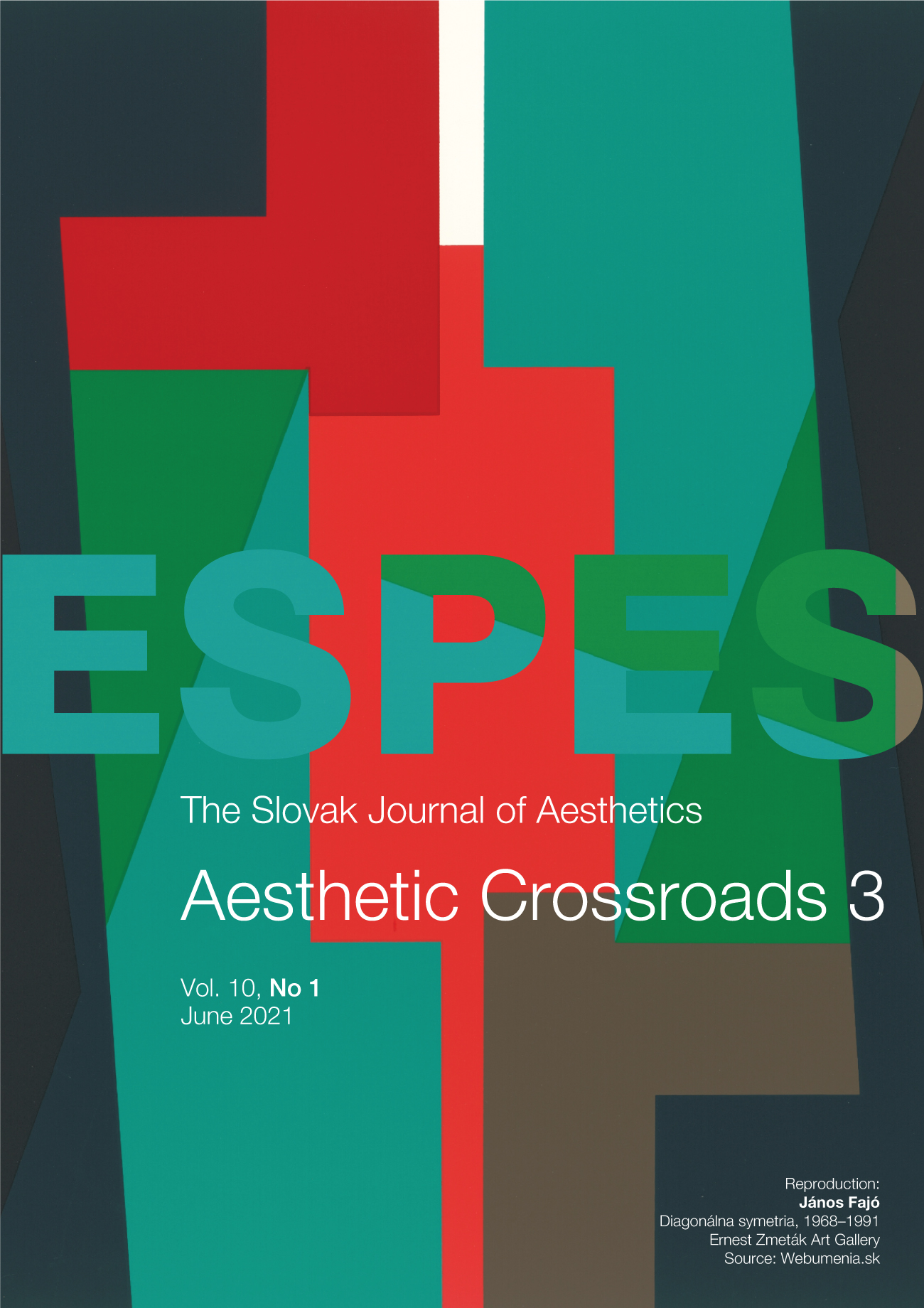Patterns of Musical Time Experience Before and After Romanticism
Patterns of Musical Time Experience Before and After Romanticism
Author(s): Bálint VeresSubject(s): Aesthetics
Published by: Spoločnosť pre estetiku na Slovensku a Inštitút estetiky a umeleckej kultúry Filozofickej fakulty Prešovskej univerzity v Prešove
Keywords: Musical Experience; Temporality; Romanticism; Romanticized Hearing; Musical Genre Theory
Summary/Abstract: The article pays homage to the leading authority of 20 th century Hungarian music aesthetics, József Ujfalussy, by connecting his heritage to more recent research on the problems of musical time and notably to the study pursued by Raymond Monelle. Rather than a perennial invariant, Monelle interpreted musical time as a historically changing phenomenon constituting implicitly the basic levels of musical semantics, as they have developed throughout the Baroque, Classical and Romantic eras. The present study focuses on the last of these paradigms, claiming that the Romantic experience of musical time has dominated both the production and the reception of music culture up to this day. The Romantic musical experience is based on a latent ‘framework contract’ between composition and audience, which drives the meanings attached to the experience of musical temporality. This latent agreement warrants a need for conventional compositional forms and simultaneously the insufficiency thereof.
Journal: ESPES
- Issue Year: 10/2021
- Issue No: 1
- Page Range: 64-77
- Page Count: 14
- Language: English

